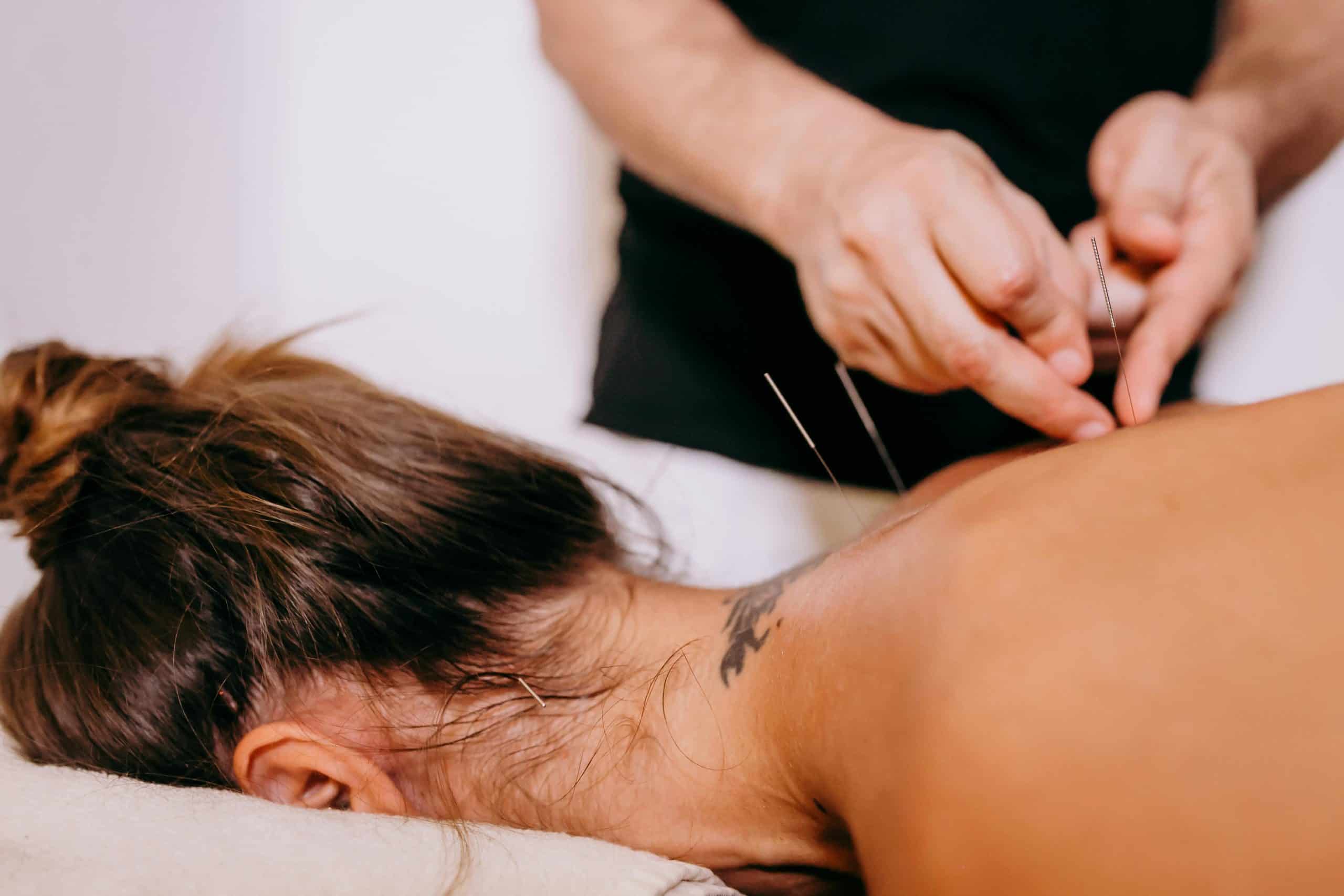Acupuncture 101: Benefits, Myths, and What to Expect
In a world that’s becoming more and more curious about holistic treatments and natural therapies, acupuncture really shines as one of the most enduring and intriguing practices. Rooted in traditional Chinese medicine, acupuncture has been refined over thousands of years. It involves carefully placing ultra-thin needles to stimulate the body’s energy flow and encourage healing. While it might seem a bit intimidating at first, acupuncture has gained a global reputation for its effectiveness in relieving pain and enhancing overall wellness—often with minimal side effects.
Many people still have questions about whether it hurts, whether there is scientific support for it, and what happens during a session, despite its growing popularity. This article, Acupuncture 101, aims to clarify the ambiguity, discuss the evidence-based benefits, and dispel common misconceptions. It will explain what to expect so that you can decide if this ancient healing practice belongs in your modern health routine.
What Is Acupuncture?
Acupuncture is a time-honored practice from traditional Chinese medicine that involves inserting tiny needles into specific points on the body. It helps improve the flow of energy, known as qi (pronounced “chee”). The belief that qi imbalances or blockages can cause various health issues or discomfort is the basis for this more than 2,500-year-old method. It aims to restore equilibrium and encourage the body’s natural healing processes by focusing on these crucial points, which are typically situated along pathways known as meridians.
Benefits
Acupuncture may be beneficial for, according to recent research and personal experiences from years ago:
- Reducing pain, particularly for people with chronic conditions like back pain, arthritis, migraines, and discomfort in the joints.
- Promoting relaxation and calming the nervous system, thereby reducing stress and anxiety.
- Enhancing sleep quality, particularly for those struggling with insomnia or disrupted sleep patterns.
- Helping digestion by reducing IBS symptoms like bloating, nausea, and gas.
- Contributing to hormonal equilibrium, frequently utilized in menstrual management and fertility treatments.
- Stimulating the immune system by reducing inflammation and improving circulation.
Many individuals report feeling more energized, relaxed, and emotionally balanced after their sessions.
Debunking Common Myths
Despite its widespread use, acupuncture frequently receives negative press. Let’s set the record straight on some common misconceptions:
- Myth: It hurts. It uses very small needles, so most people don’t feel any pain at all.
- Myth: It is not supported by science. Modern research demonstrates that it can be effective for a variety of health issues, despite its roots in ancient philosophy.
- Myth: It is only for pain. In reality, it can help with various physical and emotional challenges, from allergies to anxiety.
- Myth: It’s risky. Acupuncture is considered very safe when performed by a qualified practitioner.
What to Expect During a Session
When you go for your first appointment, it typically kicks off with a health consultation. The practitioner will inquire about your symptoms and lifestyle, and they may even examine your tongue, which is a Chinese medicine diagnostic tool. After that, you’ll get comfortable lying down while they gently insert needles into specific points on your body. These sessions usually last about 20 to 30 minutes and are often accompanied by soothing music and dim lighting to help you relax.
The Bottom Line
Acupuncture serves as a gentle but profound reminder that healing does not always come from a prescription or a medical procedure. Reconnecting with our body’s natural rhythms and restoring inner harmony is sometimes the goal. This ancient practice encourages you to slow down, take a deep breath, and trust in the subtle power of energy flow. The benefits extend beyond just the physical; many people leave their sessions feeling lighter, more centered, and deeply relaxed.
Modern science confirms what traditional healers have known for ages: acupuncture is effective and addresses the whole person, despite the persistent myths and misconceptions. You can truly experience holistic healing if you know what to expect and go into your first session with an open mind and clear goals. Therefore, acupuncture may just be the missing piece in your wellness journey. It is a timeless therapy that combines ancient wisdom with the needs of today. This is true regardless of whether you are a skeptic or a seeker.







